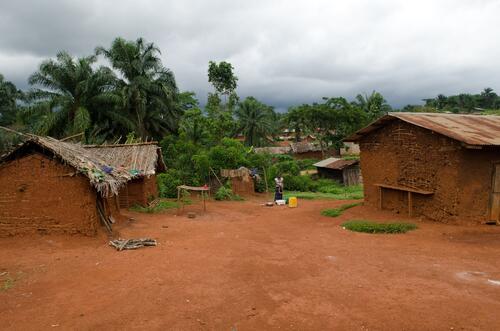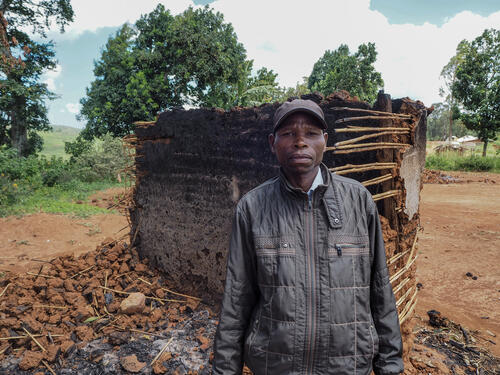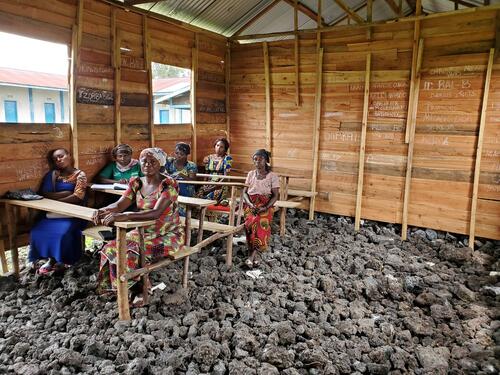Following security incidents in Biakato, Democratic Republic of Congo, an increase in security – including armed military forces – have been deployed around and within health structures. The presence of arms and weapons in hospitals and clinics has resulted in Médecins Sans Frontières (MSF) taking the difficult decision to stop medical activities – including those related to Ebola – in Biakato.
“We are no longer able to work in accordance with our principles of neutrality and impartiality,” said Ewenn Chenard, Emergency Coordinator for MSF. “We regret this decision, but the presence of armed forces around and within the health structures of Biakato goes against our principles.”
MSF has been working with the people of Biakato, located in DRC’s northeastern Ituri province, since 2016, supporting the Ministry of Health. Initially, our activities were dedicated to assisting victims of sexual violence.
We are aware that a solution is needed to ensure the protection of people... but we firmly believe that military presence in health facilities undermines the neutrality and impartiality of medical aid.Ewenn Chenard, MSF Emergency Coordinator
However, since the start of the Ebola epidemic, we have expanded our operations, managing not only suspected and confirmed cases of Ebola, and implementing hygiene and infection control measures in several health facilities in the region, but also by offering free basic healthcare and paediatric hospital-based care.
The security deployment in the Biakato region follows the tragic events of 27 to 28 November 2019, during which three Ebola responders were murdered.
“We are aware that a solution is needed to ensure the protection of people and the safety of medical personnel after the tragic events of November,” said Chenard. “However, we firmly believe that military presence in health facilities undermines the neutrality and impartiality of medical aid. It is essential that health structures remain free of weapons so that communities feel safe to come and seek care.”
MSF has worked in Ituri since 2003, providing life-saving care to the most vulnerable populations. In support of the Ministry of Health, MSF is currently intervening in the context of the measles epidemic, with displaced persons from the territories of Djugu and Mahagi, for victims of sexual violence in the Mambasa region, as well as in the fight against the Ebola outbreak.







